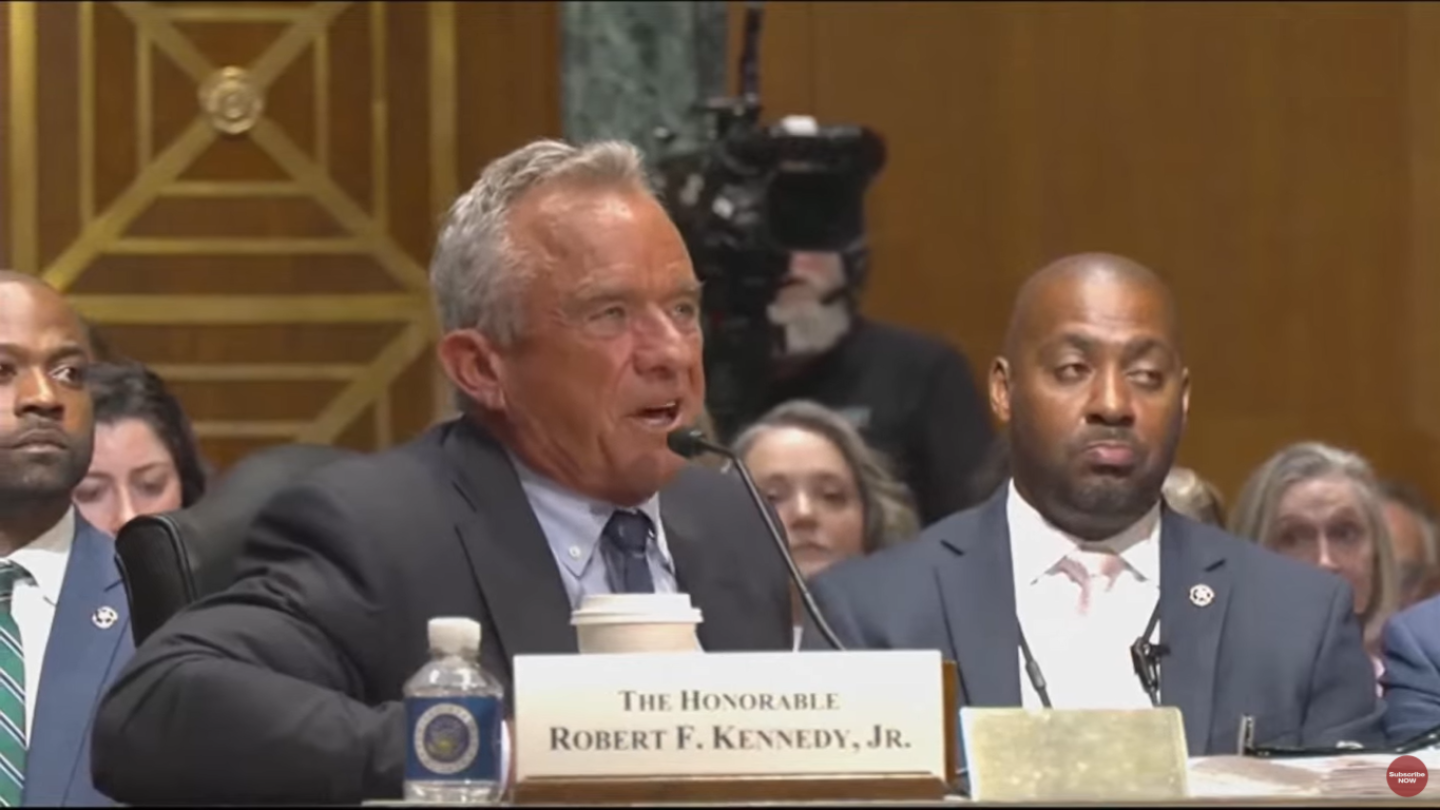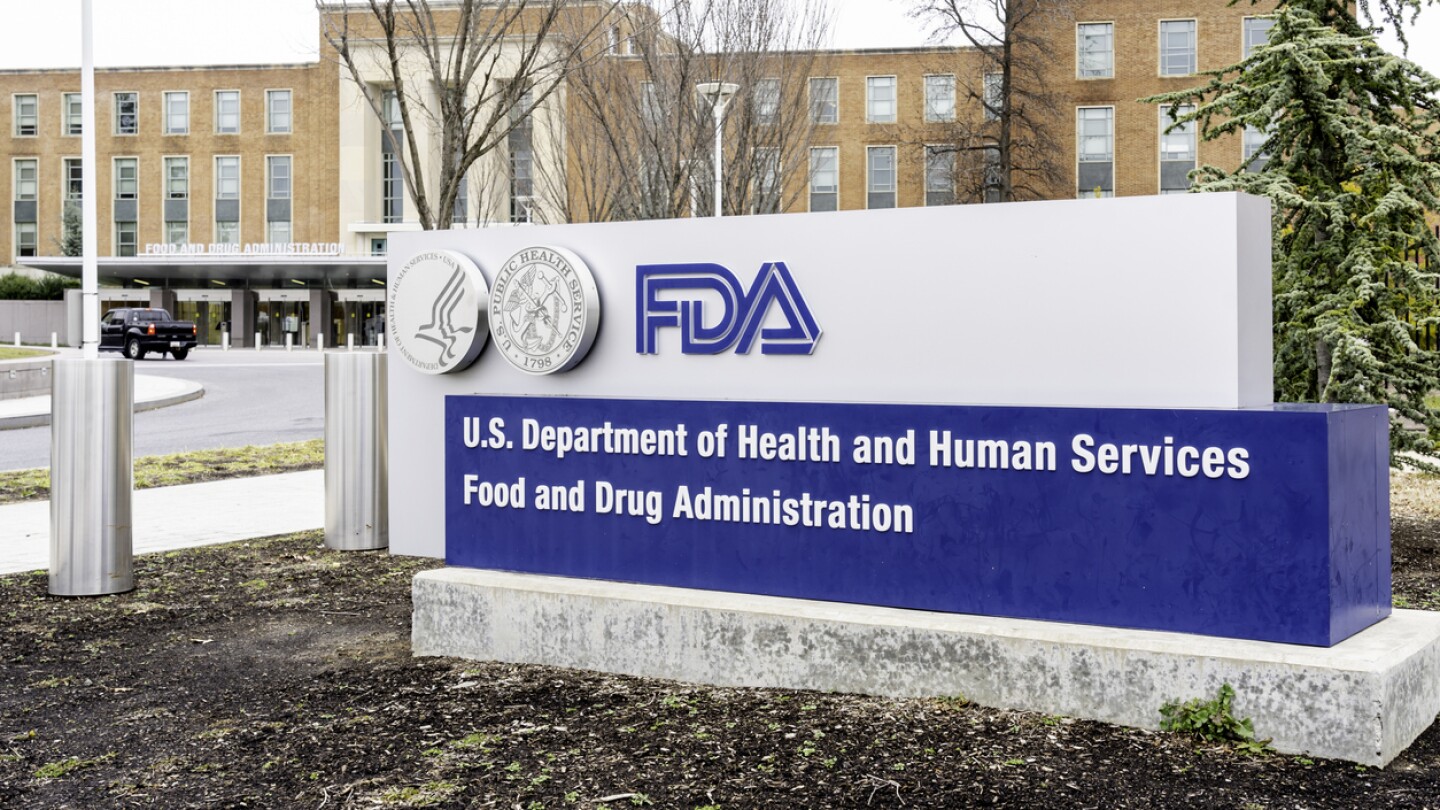News
Phase III data showed that Inluriyo improves progression-free survival versus standard endocrine therapy.
FEATURED STORIES
Against steep odds and well-established paradigms, these four companies have successfully been commercializing their products on their own.
Though nerves abound for funders and founders in the industry, money continues to flow into startups, sometimes in eye-popping numbers. BioSpace rounds up the biggest raises so far this year.
Acknowledging the limits of disease-modifying drugs like Leqembi and Kisunla, companies like Bristol Myers Squibb, Acadia, Otsuka and Lundbeck are renewing a decades-old search for symptomatic treatments, including in high-profile drugs like Cobenfy.
Job Trends
AstraZeneca and Alexion, AstraZeneca Rare Disease, will showcase 14 studies, including real-world evidence (RWE), from their portfolio and pipeline of investigational amyloidosis therapies at the International Symposium on Amyloidosis (ISA), in Rochester, MN from May 26–30, 2024.
FROM OUR EDITORS
Read our takes on the biggest stories happening in the industry.
Following restricted vaccine approvals and changes to CDC immunization schedules, Merck, Pfizer, GSK and Sanofi are all suffering revenue hits to their vaccine programs.
THE LATEST
Generous severance packages, getting out of toxic workplaces and finding a better job with better pay are a few reasons respondents to a recent BioSpace survey felt that being laid off was for the best.
As more and more groups call for the health secretary’s removal from office, senators will question Kennedy on his recent moves, including the controversial firing of CDC Director Susan Monarez.
In this episode presented by Taconic Biosciences, BioSpace’s head of insights Lori Ellis discusses how preclinical research companies are helping drug developers navigate the current challenging funding environment with Mike Garrett, CEO.
The reprioritization effort will help AC Immune extend its cash runway through the third quarter of 2027.
While the new framework signals continued flexibility at the FDA regarding rare disease approvals, some analysts and advocates question what tangible impacts the new guidelines will have.
YouTube has shut down a channel containing hundreds of videos of comments made by doctors and other influencers—including CBER Director Vinay Prasad, Health Secretary Robert F. Kennedy Jr. and NIH Director Jay Bhattacharya—during the pandemic. This comes as Prasad reveals further details about last week’s updated COVID-19 approvals.
Wave’s RNA editor resulted in protein levels that were “exceedingly close” to what investors were expecting, but nevertheless fell short of that bar, according to analysts at Truist Securities.
As AAV9 and CRISPR programs navigate safety, delivery and scalability hurdles, small molecules offer a deployable, scalable bridge, complementing genetic approaches and accelerating meaningful impact for patients with Duchenne muscular dystrophy.
Albert Bourla heralded the president’s COVID-19 leadership and Operation Warp Speed initiative as a Nobel Prize–worthy achievement and said that Pfizer stands by the integrity of the data already shared.
In a series of memos last week, Center for Biologics Evaluation and Research Director Vinay Prasad outlined the FDA’s thinking on the recent limited approvals for updated COVID-19 vaccines.
















